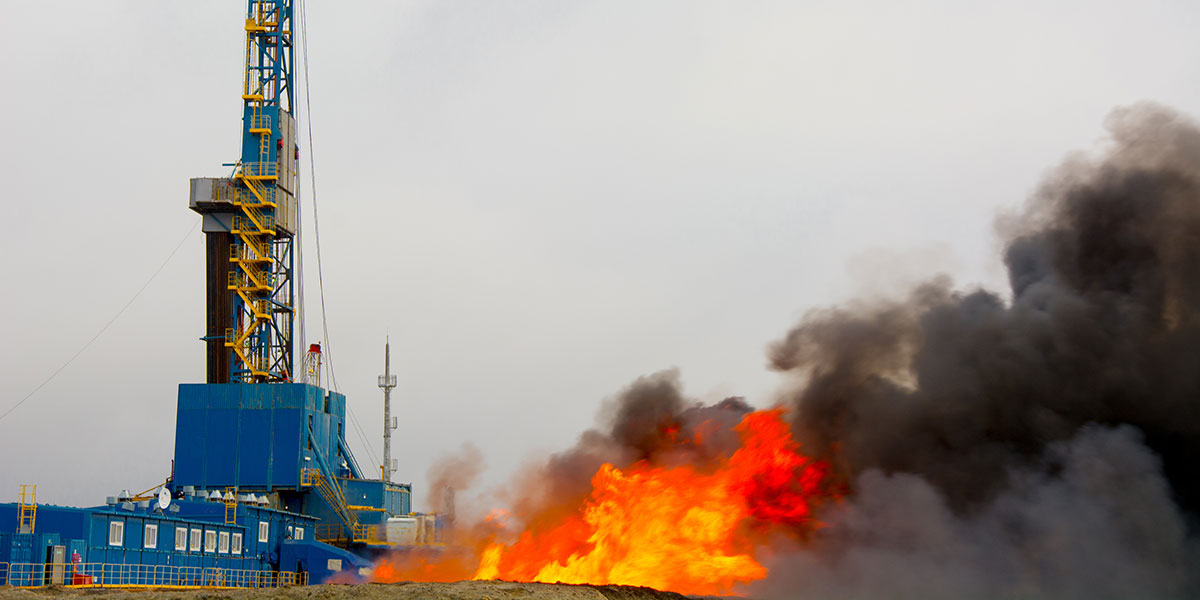On December 18, 1903, the front page of San Francisco's Daily Call newspaper led with stories about a presidential proclamation, an embezzlement scandal, and rising tensions between Russia and Japan. Sharp-eyed readers, though, might also have noticed a few paragraphs at the bottom of the page beneath this headline: "Airship's Flight Is a Success." The day before, Orville and Wilbur Wright had changed the world.
Scandals and conflicts also dominate in 2018, but a hundred years from now most of them will be as forgotten as President Wilson's proclamation on the Cuban reciprocity bill. Meanwhile, truly historic events -- like the one that happened in Arizona last week -- are easy to miss.
Last week, Arizona's public utilities commission (the Arizona Corporation Commission) placed a moratorium on new gas plants and rejected a proposed 15-year plan from the state's biggest utilities because it "relied heavily on natural gas without adequate price sensitivity analyses." Translation: Investing in gas doesn’t just break the climate, it might also break the bank. The commissioners told the utilities that future analyses had to honestly evaluate energy storage and clean energy options before proposing more gas. That's because solar power combined with battery storage has been beating gas in the Grand Canyon State and far beyond.
Ever heard the expression "Now we're cooking with gas"? In fact, it's becoming increasingly obvious that renewable energy is on the rise and it's gas that’s cooked.
How can we be so sure? Because we've been through this before. During the George W. Bush administration, coal-fired power was the energy technology poised for a huge expansion -- before getting blindsided by competition and a powerful grassroots movement. Now it's gas's turn to fall, as renewables become economically unbeatable while also providing cleaner, healthier power. Not to mention more jobs.
The Arizona Corporation Commission, whose members are elected by state residents, is hardly a bunch of wild-eyed radicals. It currently consists of five Republican career politicians (including at least one climate denier). These guys didn't push back against the utilities because they thought it would make Nancy Pelosi happy. To paraphrase a famous campaign adage: "It's the economics, stupid." Sure, let's give them the benefit of the doubt and assume they care at least a little bit about the harm caused by fossil fuels. That's just common sense, after all, and it should have been enough. But in the end dollars and cents are just as powerful as common sense -- and also the fastest way to turn a climate denier into a renewable energy champion.
Driven in large part by those economics, this renewables-beats-gas trend has been most apparent in western states like Oregon, Wyoming, Colorado, Nevada, and California. Over the past year, more than a dozen gas-plant proposals across the western U.S. have either been denied outright or put on hold as utilities and regulators consider clean energy alternatives. But clean energy has also won the bidding for new utility projects in states like Georgia and Minnesota. With prices for energy storage, wind power and, especially, solar PV expected to keep dropping, this trend will only accelerate.
Orville Wright's first flight lasted 12 seconds and covered about 120 ft. His last flight, more than 40 years later, was in a Lockheed Constellation, capable of 377 mph and with a wingspan of 126 feet. No one, not even the Wright brothers, could have guessed how far and how quickly their invention would develop. Two years before their first flight, Wilbur Wright told his brother that man would not fly "in a thousand years."
Renewable energy, too, has already left the ground, but the bulk of its potential still lies in the future. Fortunately, that future now looks much closer than a thousand, a hundred, or even ten years. If we can keep avoiding the mistake of investing in a dead-end energy source like gas today, the sky tomorrow will truly be the limit -- and a whole lot cleaner, too.
